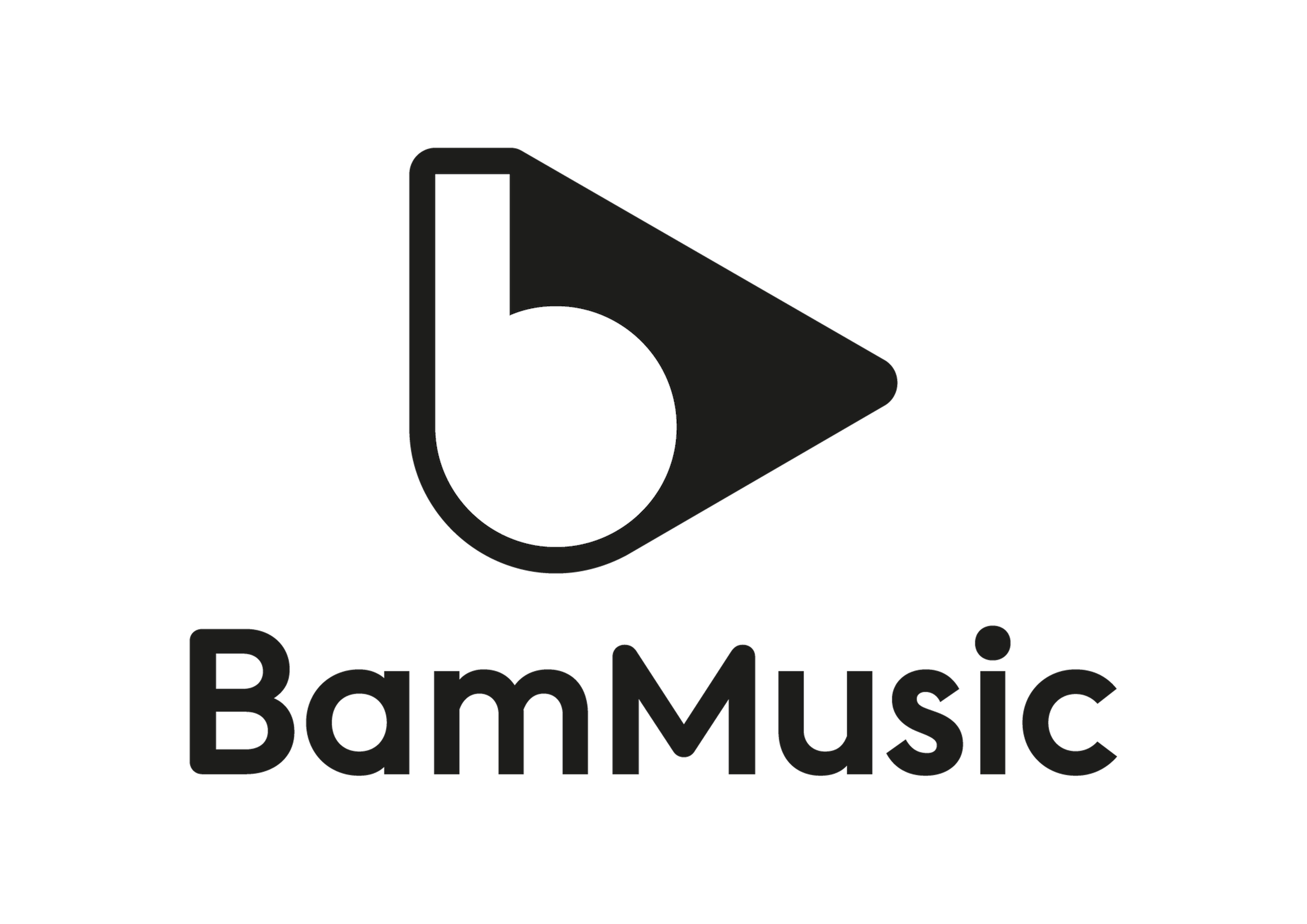When you’re looking for music to add to your visual content, there are not a lot of budget-friendly options. However, there are two types to consider: royalty free music and copyright free music. “That’s two different things?”. Yep, they sure are – let us explain.
What is a “royalty”?
All creative works have a copyright (the right of ownership to the work). And copyright holder (the creator and/or owner of the copyright). Payment, or a “royalty” is due to the copyright holder whenever anyone apart from them uses the copyrighted material, and this is done by a license that the copyright holder gives to someone else to use the work. While the user of the work has the right to use the work as negotiated between themself and the copyright holder, it doesn’t actually give them the rights to the copyright itself. In other words, obtaining a license to use a work doesn’t you mean you own any of the work itself–just temporary use of it.
Difference in the essence
If you have looked for free music to use on YouTube, you’ve probably seen the terms “royalty free” and “copyright free” combined or put in a way that seemed interchangeable. It is a common error, but in reality these two terms are actually quite different.
Royalty free music means that you pay a single fee for possibility to use the track. You can then post your work wherever you want, without paying any fees when people watch your content. No matter how much attention your video gets, or how many times your content is broadcasted, you won’t owe any additional cost to the original producer.
Copyright free music, on the other hand, is more difficult to define. While a copyright can expire, “copyright free music” from origination does not really exist. Within the legislation of most of countries worldwide, a piece of work is copyrighted by default upon its creation. A song becomes copyright free if and when the creator specifically renounces to all her rights attached to it; and generally 70 years after the death of the author (on a country-by-country basis). In any other circumstance, you can’t really say that a sound is copyright free. However, there are a lot of songs under free license. Meaning that the library or the creator are willing to let you use the work under certain conditions.
Different producers
If you followed until here, you can probably guess that, just as copyright free music and royalty free music are different in their essence, so are the people that produce each of them. Typically, online libraries produce royalty free music with commercial purposes. Whereas copyright free music is not produced with the intent to make money (at least theoretically). Thus, two categories of representation emerge: online libraries that sell licenses of sounds from their catalogue; and not-for-profit platforms such as YouTube Audio Library or Creative Commons websites where you can find tons of songs under free licenses.
Different uses
These differences in essence and representation lead also to differences in the use of this music. “Copyright free” music is a very easy solution (maybe too much so), and is often all that is needed for amateur work or simple video creation. But if you really want to take your production further as professional content, it makes sense to start with a professional online library. Most offer high quality tracks and sounds, spanning across every genre, and at reasonable prices. Some even offer personal customizations or creations specific to your project on request.
A reliable source for great music? Need a place to start?
BAM Music offers a large catalog of music produced by creative professionals dedicated to their art, and licensed with help from an awesome BAM team member, or by you! You can choose what’s best for your work among more than 30,000 tracks! And then get licensing with our easy to use online commerce system. Start browsing the BAM catalog now completely for free by clicking here!
Keep in mind that every country uses its own variation of copyright legislation, thus the terms of rights may differentiate. We suggest researching the copyright law specific to your country to learn more in-depth about how it applies to you.






